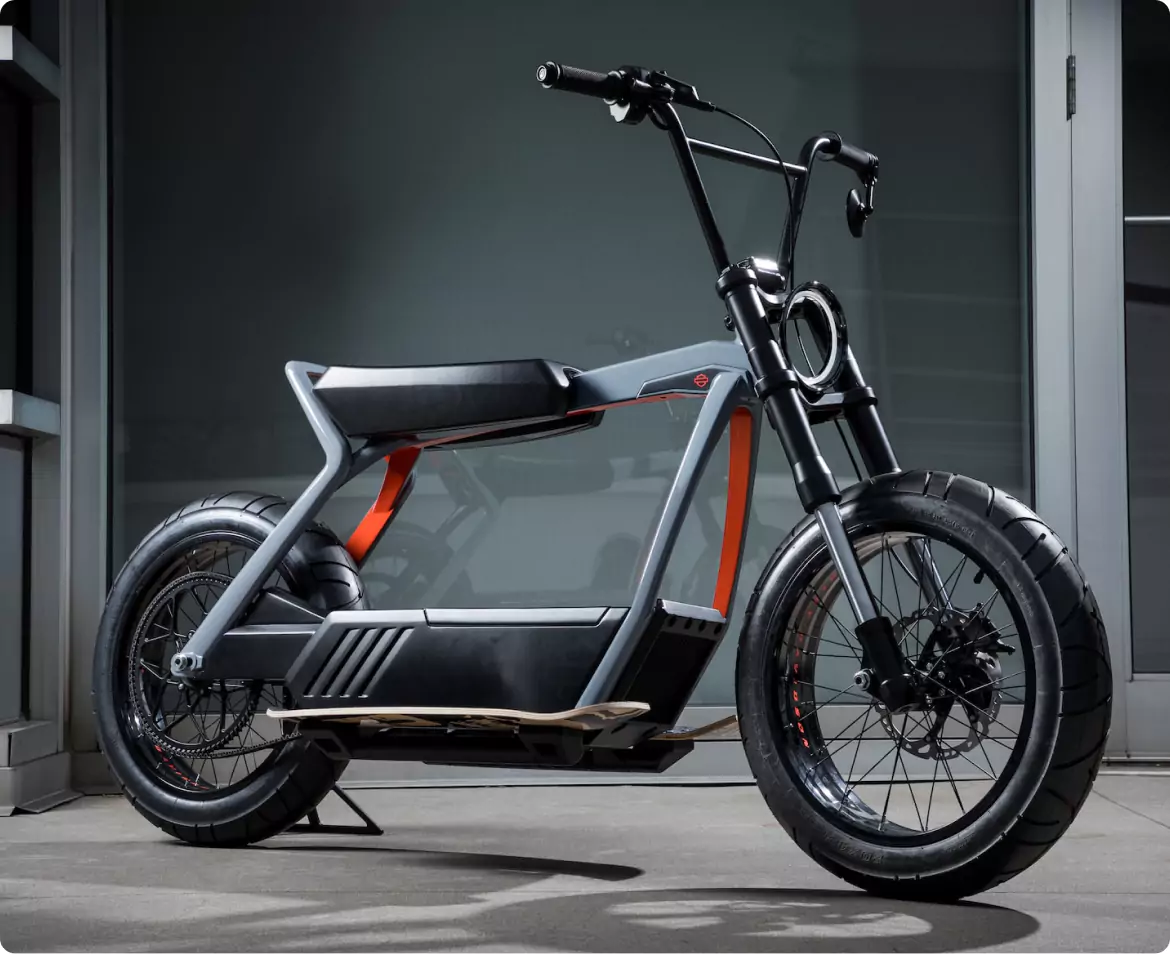As artificial intelligence continues to revolutionize industries worldwide, the emergence of innovative startups is fueling the next wave of technological advancement. In 2025, several AI startups stand out for their groundbreaking approaches, disruptive potential, and promising trajectories. From transformative healthcare solutions to smarter enterprise tools, these startups are setting new standards and expanding the boundaries of what AI can accomplish. Keeping an eye on such companies not only offers insight into emerging trends but also highlights opportunities for investors, collaborators, and technology enthusiasts eager to stay ahead in this fast-evolving landscape. This article delves into the most promising AI startups to watch in 2025, exploring their unique strengths, strategic directions, and the impact they are poised to make across various sectors.
Innovative Solutions in Healthcare AI
One of the most compelling sectors for AI innovation is healthcare, where startups are leveraging machine learning and deep neural networks to transform diagnostics, treatment planning, and drug discovery. Companies like MedTech Innovators are developing AI-powered imaging tools that enhance early disease detection with unprecedented accuracy, significantly reducing diagnostic errors. Additionally, startups such as BioSynth AI are using AI to accelerate drug discovery processes, drastically cutting development timelines and costs. These companies are not only improving health outcomes but also making healthcare more accessible by simplifying complex processes. Their success hinges on integrating advanced algorithms with clinical expertise, ensuring safety and efficacy while expanding AI’s role in life-critical decisions. The growth of healthcare-focused AI startups in 2025 signals a future where medicine becomes more personalized, efficient, and data-driven.
Transforming Enterprise with AI-Driven Automation
In the corporate sector, AI startups are spearheading automation solutions that revolutionize business operations, enhance productivity, and reduce costs. Startups like AutoStream AI are developing intelligent automation platforms that handle complex workflows, from supply chain management to customer service, with minimal human intervention. These solutions often incorporate natural language processing and robotic process automation (RPA), enabling enterprises to streamline repetitive tasks and focus on strategic initiatives. As businesses face increasing pressure to innovate rapidly, such startups offer scalable, customizable tools that adapt to diverse industry needs. This wave of AI-driven automation is not only reshaping operational efficiencies but also fostering a more agile, responsive corporate landscape. In 2025, enterprises that adopt these technologies will gain strategic advantages and better resilience against market fluctuations.
Next-Generation AI Interfaces and User Experience
AI startups are pushing the boundaries of human-computer interaction by creating more natural, intuitive interfaces. Companies like NeuroUI Labs are developing brain-computer interface (BCI) technologies that allow users to communicate and control devices directly via neural signals. Meanwhile, startups such as ConversAI focus on creating AI-powered conversational agents that provide more human-like, context-aware interactions across platforms, from customer support to virtual assistants. These innovations aim to make technology more accessible and effortless to use, significantly impacting industries like education, entertainment, and remote work. The development of smarter interfaces will reduce friction and augment human capabilities, fostering a seamless integration of AI into daily life. By 2025, these advancements will redefine how we interact with technology, making AI a more natural extension of human intent.
Ethical AI and Responsible Innovation
As AI becomes more integrated into society, startups focusing on ethical AI development are gaining traction. Companies such as EthicAI Labs are addressing concerns around bias, transparency, and accountability in AI systems. They create frameworks and tools that ensure AI models are fair, explainable, and compliant with increasingly stringent regulations. Responsible AI startups are essential for building public trust and mitigating risks associated with deployment in sensitive areas like finance, law enforcement, and healthcare. The emphasis on ethical AI reflects a broader shift toward responsible innovation, where data privacy, bias reduction, and safety are prioritized. In 2025, these startups will play a vital role in establishing standards and practices that ensure AI benefits society ethically and sustainably, fostering AI adoption that aligns with human values.
Conclusion
In summary, the AI startup landscape in 2025 is characterized by innovative solutions across healthcare, enterprise automation, human-computer interaction, and ethical development. These startups are pushing boundaries by applying advanced algorithms to solve real-world problems, streamline operations, and enhance user experiences while emphasizing responsibility and transparency. Their rapid growth and disruptive potential highlight the ongoing shift toward more intelligent, accessible, and trustworthy AI systems. For investors, technologists, and consumers alike, tracking these emerging companies offers valuable insights into future trends and opportunities. Embracing these innovations will be key to navigating the evolving digital world, ensuring that AI’s benefits are maximized ethically and inclusively. The upcoming years promise a dynamic era of AI-driven advancement with these startups at the forefront, shaping societal and industrial landscapes alike.











